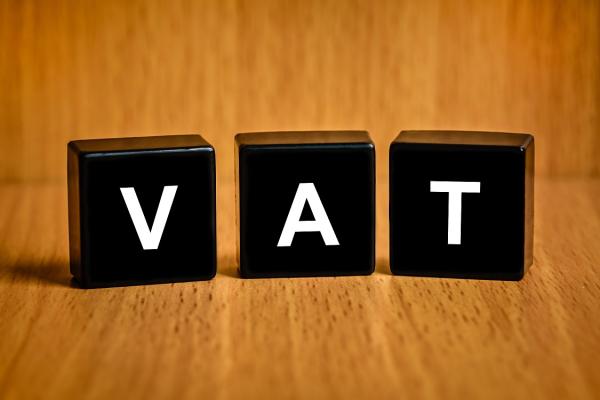
Press release: Businesses need greater certainty on VAT
The Association of Taxation Technicians (ATT) has highlighted the difficulties businesses face in getting certainty regarding their VAT obligations. Businesses want to know they are treating things correctly so as to avoid a potentially painful and costly HMRC challenge several years later, says the ATT.
The concerns were outlined in the ATT’s submission to the Treasury Committee’s Inquiry into VAT.1
Stephen Taylor, Chair of ATT’s VAT Sub-group, said:
“Businesses simply want to ‘get it right’ but are left frustrated by HMRC. The opportunities for businesses to obtain binding rulings on VAT from HMRC are very limited, especially considering HMRC’s refusal to simply say ‘yes, you’re right’ when they receive an enquiry from a business which sets out the full facts and reaches the correct VAT outcome. This results in unnecessary uncertainty for businesses.”
VAT, unlike other self-assessed taxes, does not have a dedicated helpline for tax agents and this often means that it is difficult to resolve technical queries on behalf of clients, said the ATT.
The Treasury Committee’s Inquiry focuses on many areas of VAT, such as the tax gap, Brexit, experiences of business, and how VAT compares with the Committee’s principles of good tax policy. The ATT will be giving oral evidence to the Treasury Committee VAT inquiry on 3 July 2018.
ATT laments in its submission that disagreements between HMRC and a business about VAT are often not resolved quickly enough and fairly.
Stephen Taylor said:
“With some disagreements, there is no possibility of compromise and the outcome must be a straight binary choice between HMRC’s view and the taxpayer’s opinion. For example, it was not possible to compromise when deciding if a Jaffa Cake was a cake or chocolate biscuit,2 and due to the nature of VAT, disagreements about the categorisation of products are common. Disputes like this often take a long time to resolve because both parties want a binding legal judgement.
“Where there is room for compromise or it is permissible to make changes to how the business calculates its VAT liability, matters can be resolved more speedily.”
In some areas it is arguable that discussing technical issues with HMRC through letters and emails alone has slowed the process, and outcomes would be speedier if HMRC were more ready to undertake negotiations face to face with businesses or their tax agents, said the ATT. The ATT notes that small businesses are now less likely to appeal to the tax tribunal, which may be due to changes that have made the system more formal and appeals potentially more costly for small businesses.
Stephen Taylor said:
“Due to the costs of formal appeals, HMRC’s Alternative Dispute Resolution (ADR) process is more important for and useful to small businesses. It should be used more to resolve VAT disputes. Although it will not be appropriate for categorisation disputes like deciding the status of Jaffa cakes, it can be extremely useful when there is room to compromise or it is necessary to agree the practicalities of quantifying how much VAT is due.”
In its submission, the ATT cast doubt upon the benefits which HMRC’s Making Tax Digital project is expected to deliver in terms of reducing the tax gap attributable to VAT. HMRC estimate the tax gap for 2016-17 at nine per cent of the estimated net VAT total theoretical liability in 2016- 17. This equates to £12 billion.3
Stephen Taylor added:
“It is not possible to conclude that Making Tax Digital, due to start in April 2019, will reduce VAT errors without better information about the common errors found by HMRC. Our recent member survey found that a total of 74 per cent of respondents to the survey thought that Making Tax Digital for VAT was a further reason for small businesses to want to remain below the VAT threshold because most respondents thought it would increase the administrative burdens on business.”4
Notes for editors
- The Treasury Committee is appointed by the House of Commons to examine the expenditure, administration and policy of the Treasury, HMRC, and associated public bodies, including the Bank of England and the Financial Conduct Authority.
- No VAT is charged on plain biscuits or cakes. But when a biscuit is covered in chocolate it becomes subject to VAT, with standard rate VAT at 20 per cent added to the price. Mcvities, the market leaders for Jaffa Cakes added chocolate to the cake and tangy orange base, so classifying them as cakes, not biscuits. Although the taxman challenged this, asserting that they were chocolate biscuits, the court ruled in favour of McVities and shoppers do not therefore have to pay VAT on Jaffa Cakes.















